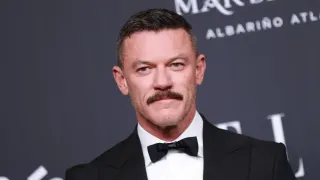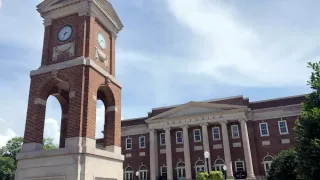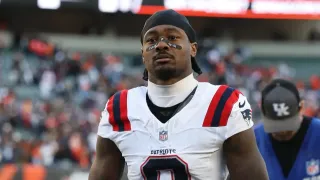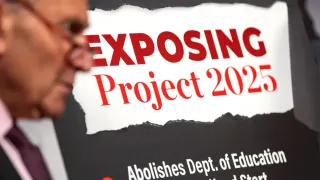November 30, 2021
Advocates Call for HIV Outreach, Education in Latinx Community
Kilian Melloy READ TIME: 3 MIN.
Advocates continue striving to close gaps in HIV education and health resources in the Latinx community, but the COVID-19 pandemic has made their job all the more difficult.
Both HIV and COVID have "disproportionately impacted non-white communities," the Atlanta Journal-Constitution noted in a recent article.
When it comes to HIV rates, the Centers for Disease Control and Prevention provided updated numbers this past May showing that "Hispanic/Latino people accounted for 29% of HIV infections in 2019, while making up about 18.5 % of the overall population, according to the latest Census figures," the AJC recounted.
CDC numbers also show a glaring disparity in pre-exposure prophylaxis, or PrEP, shown to be effective in curtailing HIV transmission. "In 2019, about 14% of Hispanic/Latino people who were eligible for PrEP were prescribed it, compared to 63% of white patients," the AJC article detailed.
The obstacles are familiar: The AJC listed them as "immigration concerns, language barriers, and lack of access to health care and transportation."
These roadblocks are examples of what Luciano Reberte, Program Director of New York's Latino Commission on AIDS, calls "social determinants of health." In an earlier article at EDGE, Reberte pointed to "lack of access to medical insurance for the immigrant community and prevention services, limited access to mental health services, communication and language barriers," and other factors as primary reasons for the healthcare disparities faced by the Latinx community.
But other factors also come into play, especially when it concerns individuals living an intersectional experience. Though testing and early treatment can be essential to a healthful outcome for individuals who contract HIV, "the stigma associated with HIV, followed by homophobia, transphobia and xenophobia," in Reberte's words, can pose obstructions to needed health care.
Another complicating factor is a lack of education around HIV. In Seattle – a city, the earlier EDGE article noted, "where Latinos make up 6.6 percent of the population but almost 15 percent of its HIV cases" – the Deputy Director of Entre Hermanos, Eric Holzapfel, spoke of the lengths to which the organization has gone to make fact-based information about HIV available.
"What are the dating apps that young people are using? What radio station should we be on?" are among the questions the group focuses on, Holzapfel told EDGE. "We get that information through in-depth interviews and focus groups to make sure we are staying current."
But countering myths and misinformation can seem like an uphill battle. "It's still a pervasive myth in the Latinx community, that [HIV] is a death sentence," the AJC quoted the president of LGBTQ+ service organization Latino LinQ, Humberto Orozco, as saying.
"People don't realize there are treatments for HIV and you can live a relatively normal life," Orozco added.
Bringing the issue full circle is how COVID-19 has complicated the task of educating at-risk populations already marginalized by bias, language barriers, and a lack of factual information, among other challenges. The AJC article cited "lockdowns that temporarily closed testing sites, delayed medical research trials and made outreach services difficult."
"The reality is, as a result of the pandemic, these things have derailed," Emory University School of Medicine's Dr. Carlos del Rio told the AJC.
Even so, the work advocates are doing is having an impact. In an essay for Verywell Health, Ismael Ruiz shared his personal story about being diagnosed with HIV in the 1990s, struggling with depression, and eventually turning to New York-based group The Alliance for Positive Change.
Ruiz wrote about how, in 2006, he "enrolled in the Alliance's career readiness education program," after which he "became a community member advocate for a special needs program" – a role that "gave me this new empowerment." Among other things, Ruiz "learned to be proactive with my treatment."
Involvement on the individual level to help benefit the community is something that Latino LinQ's Orozco and Emory University School of Medicine's Del Rio also advocate for, the AJC noted. As a community educator with Emory University, Orozco "spreads awareness about vaccinations and medical trials that are taking place" and has "worked on enrolling patients into a clinical trial for a potential HIV vaccine."
Del Rio, meanwhile, "encourages members of the Hispanic community to enroll in future studies because diversity matters when it comes to medical research."






